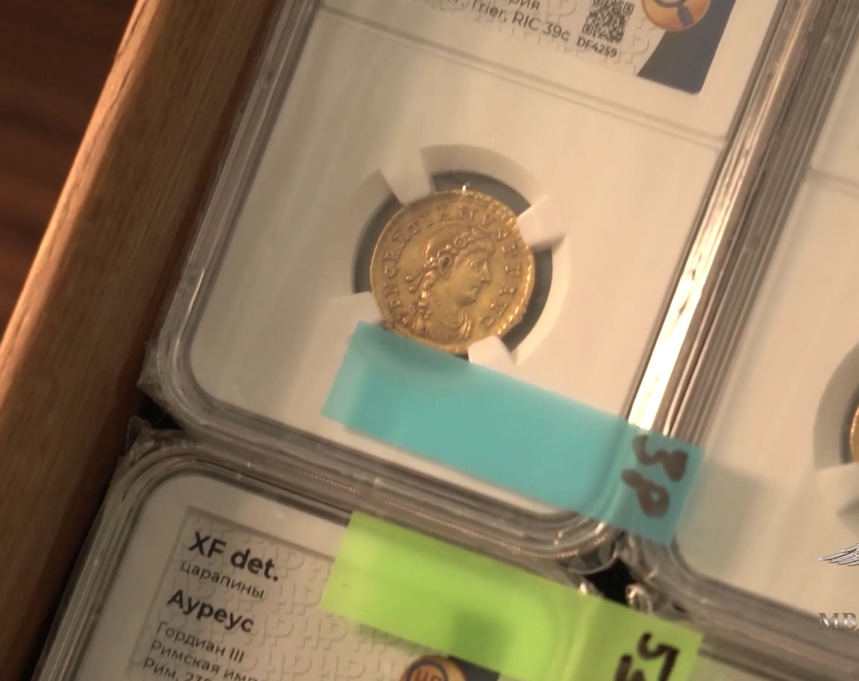
Like shadows slipping through history, a hoard of golden relics—once thought lost forever—has clawed its way back into the light. The story reads like a noir thriller: an inside job, a museum guard turned thief, and a trail gone cold. Yet fate, it seems, has a flair for the dramatic.
Years ago, a brazen theft stripped a collection of golden whispers from antiquity—coins minted between the 1st and 5th centuries—from their rightful home. The culprit? A guard who traded keys for handcuffs. But the coins? They vanished like smoke, leaving investigators clutching at echoes.
The break came not from a vault, but from the murmurs of Moscow’s shadowy antiquities market. Dealers peddling treasures with descriptions too precise, too poetic to be coincidence. A tip, a query to Interpol, and suddenly, the past coughed up its secrets. French authorities confirmed: these were the stolen whispers of empires long dust.
Seventy-nine coins in total—each a pocket-sized chronicle of Rome’s golden age. Their combined worth? A cool 55 million rubles, though their true value is measured in the weight of history. The recovery operation unfolded with the precision of a chess game, ending with the artifacts seized like kings cornered on the board.
In a twist that feels ripped from a satirical play, customs agents at Domodedovo Airport nabbed a man smuggling a 22-million-ruble ring—undeclared, tucked away like a guilty secret. His potential punishment? Two years in a cell or a fine hefty enough to buy a small castle. The irony? While coins centuries old resurface, modern greed still trips over its own hubris.
The coins, at least, are coming home. Their journey—from museum to black market to redemption—reads like an epic poem. As for the thief? History, it seems, collects its debts in gold.